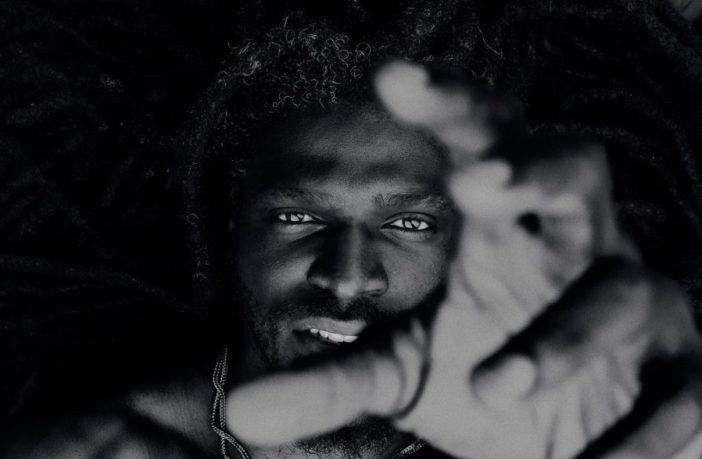In the realm of health and wellness, there exists a diverse array of voices and stories, each with a unique and inspiring journey to share. Devan Dmarcus, a health and wellness coach, is one such voice making a significant impact in this field. His path to becoming a coach began as a sideline gig while he was a football player, initially focusing on maintaining access to gym spaces and staying in shape for performative and aesthetic reasons. However, a pivotal moment in 2017, when his father was diagnosed with colon cancer, reshaped his perspective on health and wellness. From that point, Dmarcus began to approach his practice from a maintenance and lifestyle perspective, placing a profound emphasis on balance in various aspects of life.
What are some of the key principles and philosophies you promote in your coaching?
One of the main principles and philosophies that I emphasize is balance. I like to think that there are five pillars to overall health and wellness, and those are: mental health, emotional health, spiritual health, physical health, and financial health. We need to be balanced in all of these areas in order to truly be well.
What are some challenges you face as a Black man in the health and wellness space?
I think the hardest challenge to overcome has been some of my own limiting beliefs. My career has placed me in several unimaginable rooms with many phenomenal people. The biggest obstacle has been getting out of my own way and allowing myself to go as high and far as possible.
How important is it for Black men to have a voice in this particular field?
As Black men, we tend to carry stereotypes and generational stigmas with us in regard to our health and wellness. Albeit hard to admit, we have been somewhat complicit in limiting our own medical advancement. For instance, many of us refrain from visiting the doctor for our annual checkups due to historical mistreatment and questionable medical practices by non-African American practitioners. Although understandable, I think that it’s imperative for us to start to view our health and wellness as a gift and lifestyle and reframe it in our own minds. It’s essential that we have voices in this space that advocate for our education and inclusion in this particular field so that we can become more proactive and instrumental in fostering our own individual and collective healing.
In your experience, what are some of the most common misconceptions or challenges people face when transitioning to healthier lifestyles, and how do you help them overcome these obstacles?
One of the most common things that I hear is that it takes too long and is too hard or that they’re too far gone to correct the health issues now. I attempt to overcome this mental hurdle by encouraging people to look at the small picture in front of them consistently, meaning instead of training to run a marathon, focus on walking for 15 minutes a day for seven days. Once that goal is complete, extend it another seven days until it becomes a habit.



